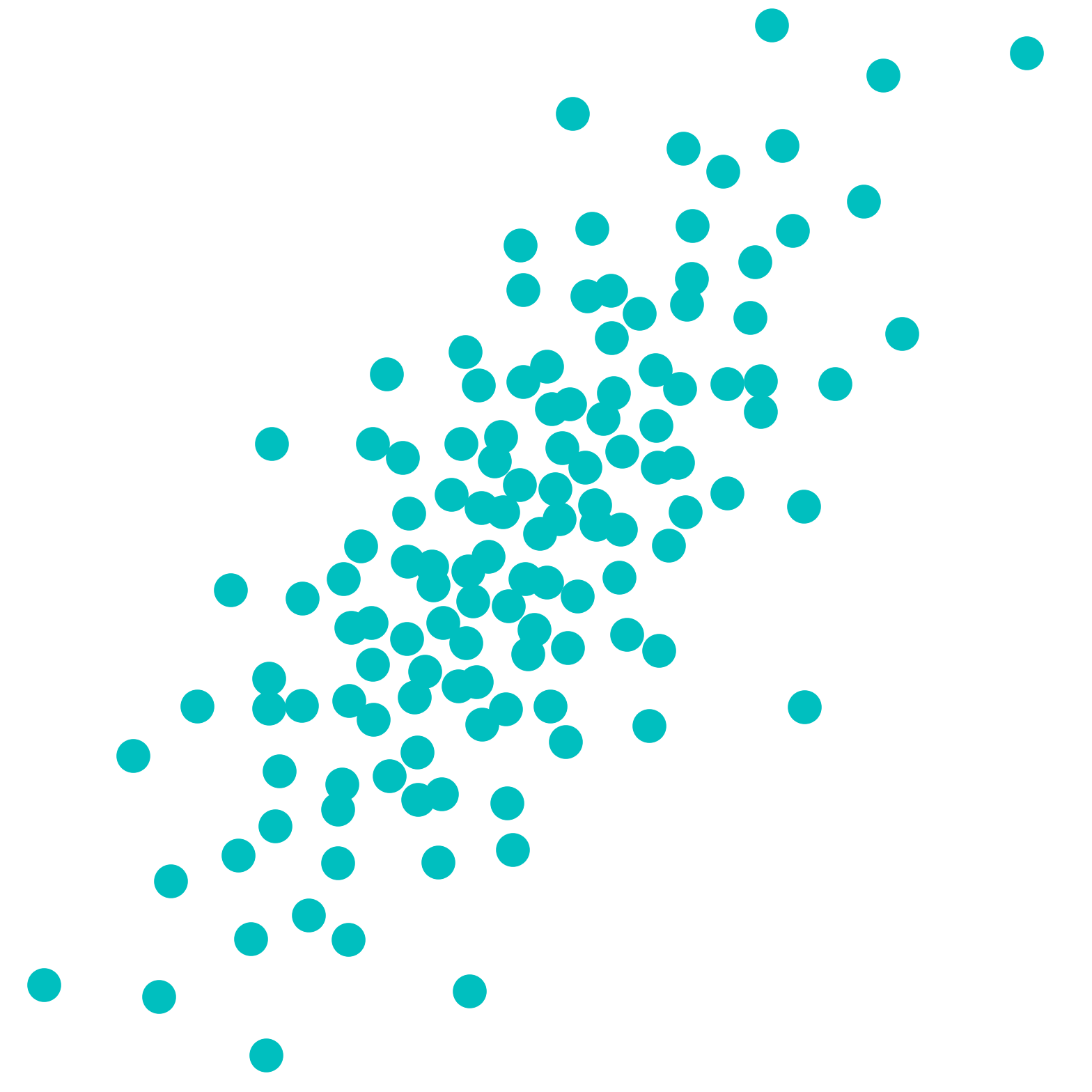Welcome to MATH 565 (Fall 2025)
Course Description
This course teaches students Monte Carlo simulation techniques, focusing on applications in financial risk management, uncertainty quantification, and Bayesian inference. These sampling methods are used to compute the expected values, quantiles, and densities. Advanced techniques, such as Quasi-Monte Carlo methods and Markov chain Monte Carlo, are covered. Students will gain experience using popular computer languages for Monte Carlo computations.
Enrollment: Graduate elective
Instructor: Fred J. Hickernell
- Office: Galvin Tower 18C3-1
- Office hours: By appointment on Mondays 3:00 – 5:00 PM in Galvin Tower 18C3-1 and Thursdays 9 – 11 AM on Microsoft Teams, email me if you need to make an appointment for another time
- Phone: 312-567-8983
- Email: hickernell@illinoistech.edu
- Website
-
Brief bio: Fred J. Hickernell is professor of applied mathematics. His research focuses on increasing the efficiency of computer simulations and determining justifiable stopping criteria for simulation. A major area of interest is Monte Carlo methods.
Hickernell’s research has been funded by the National Science Foundation and the Department of Energy. He is a Fellow of the Institute of Mathematical Statistics. In 2016, he received the Joseph F. Traub Prize for Achievement in Information-Based Complexity. He has served on the editorial boards of the Journal of Complexity, Mathematics of Computation, and the SIAM Journal on Numerical Analysis.
Hickernell received his Ph.D. in mathematics from MIT and his B.A. in mathematics and physics from Pomona College. He came to Illinois Tech in 2005 as department chair and has also served as vice provost for research. Before coming to Illinois Tech, Hickernell was a professor in mathematics at Hong Kong Baptist University and assistant professor of mathematics at the University of Southern California.
Hickernell speaks Cantonese and enjoys Chinese food. He is married with adult children. His most important identity is a disciple of Jesus.
Teaching Assistant: Rahul Prasad
- Office hours: Tuesdays and Thursdays, 9:30 – 11 AM in RE 119
- Email: rprasad1@hawk.illinoistech.edu
Textbook: Art B. Owen, Monte Carlo Theory, Methods, and Examples, 2025+
Prerequisites/Requirements
- Calculus
- Matrix algebra
- A calculus-based probability course, such as MATH 474 or MATH 475; you should understand
- Discrete and continuous random variables
- Probability mass and density functions, cumulative distribution functions
- Mean, median, standard deviation, quantile, covariance, (in)dependence
- Population versus sample quantities
- Central Limit Theorem
- Facility in numerical programming, meaning
- Programming in Python, or some other language such as MATLAB, or R
- Using an integrated development environment (IDE), such as VS Code
- You are highly encouraged to become familiar with GitHub
- Facility with LaTeX or some other technical document preparation system; Markdown is helpful
Objectives
By the end of this course, students will be able to:
- Understand the basics of Monte Carlo and Quasi-Monte Carlo Methods.
- Understand the basics of Markov chain Monte Carlo (MCMC).
- Understand how these methods are used for computations.
- Assess the performance of Monte Carlo methods and improve their effectiveness.
- Understand basic implementation issues in performing Monte Carlo calculations.
Where to Find It
| This Github Website | Canvas Website |
|---|---|
| Syllabus | Grades |
| Schedule and Lecture Notes | Online Discussions |
| Notebooks | |
| Class Git Repository scroll to the bottom for instructions on how to copy from the template |
Course Outline
Introduction — 4 hours
- What is a Monte Carlo method?
- Probability review
- Point and interval estimators of means, variances, probabililty distribution functions, and quantile functions
- Conditional Monte Carlo
Generating Samples — 8 hours
- Pseudo-random numbers
- Random vectors with different distributions
- Low discrepancy sampling
- Accpeptance-rejection sampling
Markov Chain Monte Carlo + Discrepancy — 9 hours
- Markov chains
- Metropolis-Hastings
- Kernel-based discrepancies and maximum mean discrepancy
- Discrepancy as a measure of cubature error
- Sample quality
- Gibbs sampler
- Convergence diagnostics
- Error estimation
Enhancing Efficiency — 15 hours
- Control variates
- Importance sampling
- Antithetic variates
- Stratified sampling and Latin hypercube
- Quasi-Monte Carlo sampling
Selected Topics — 6 hours
- (TBA)
Assessment
- Assignments: 15%
- Project: 25%
- Midterm Test(s): 20%
- Final Exam (Take-Home (35%) + In-Class (65%)): 40%
- Extra Credit: up to 10%, Beginning August 25, if you are the first to find an error in
- My lecture slides, Jupyter Notebooks, or assignments at least 24 hours after I have presented them in class, or
- Art Owen’s book,
Then I will award you 0.5 or 1 extra credit points, up to a maximum of 10 points. These are added to your final weighted total. [Note that the weighted total may not correctly reflect the extra credit until grades are recorded for all categories.]
Syllabus prepared by: Fred Hickernell and Yuhan Ding
Date: 2024-02-06 to the present
 MATH 565 Monte Carlo Methods, Fall 2025
MATH 565 Monte Carlo Methods, Fall 2025

